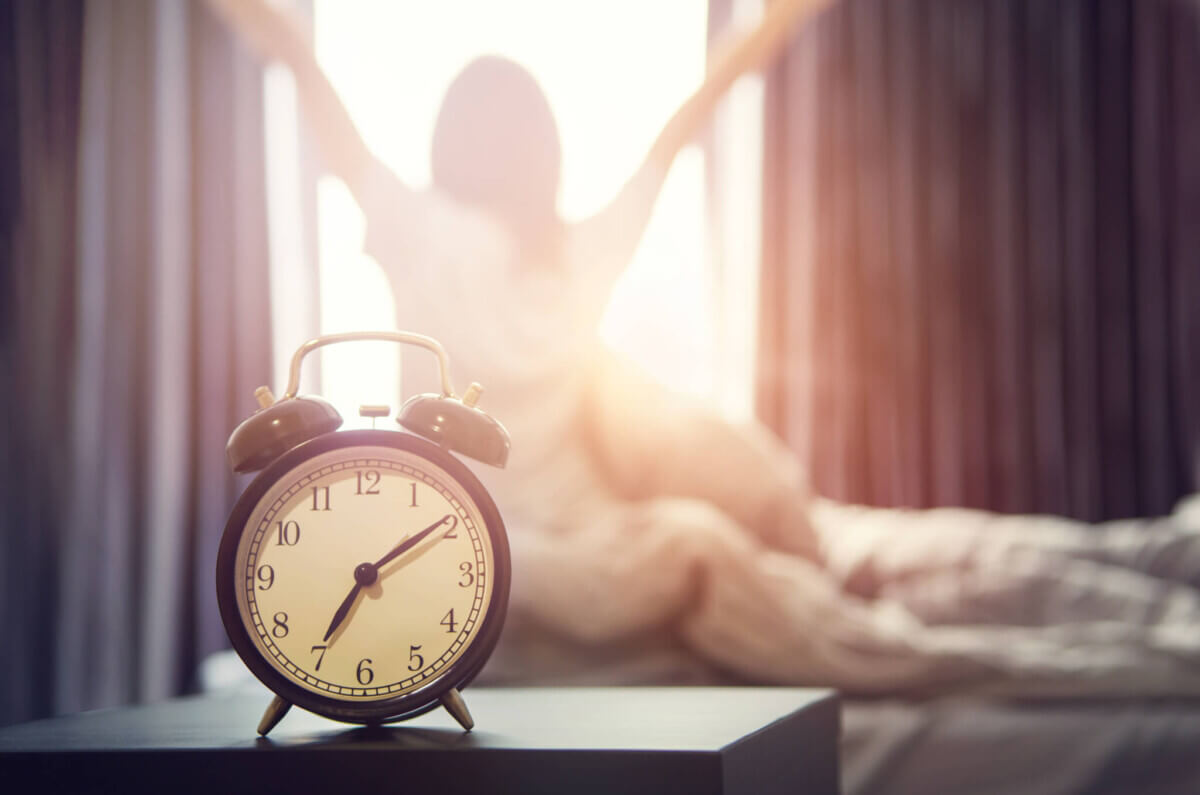
(© oatawa - stock.adobe.com)
PHOENIX — What's the first thing you do when you wake up in the morning? A neuroscientist has a new warning about the things you should avoid doing to protect your brain. These dangerous daytime activities include eating processed foods and checking your phone as soon as you wake up.
Neuroscientist Emily McDonald (you can find her actively posting brain-health advice on Instagram) says the tips can help prevent symptoms such as brain fog and forgetfulness. The mindset coach recommends that we shouldn’t reach for our phones as soon as we get up in the morning. Instead, wait at least 20 minutes before scrolling.
“Our brain is transitioning between sleep and waking. Our brain is really suggestible. Lots of people are reading stressful things – prompting you to be stressed,” McDonald says in one of her posts.
“What you put into your mind is super crucial. Going on your phone first thing messes with your dopamine. It creates a craving to keep you wanting to pick up your phone. I wake up and listen to or say positive affirmations. I put sleep mode on. Try to not look at your phone for at least 20 to 30 minutes after waking up,” McDonald recommends.

The mindset coach adds that the same applies before bed, and we should switch off our TVs, laptops, and phones within an hour before bed. She also notes that eating processed food such as cheese slices and crisps can also have a negative impact on the brain.
“Processed foods have been linked to cognitive aging – so giving us brain fog and forgetfulness. The gut-brain connection is very real,” McDonald warns. “Whole foods and good fats are good for our brain – such as avocados. Blueberries are really good for your brain.”
Finally, McDonald insists people should avoid negative self-talk.
“What you tell yourself changes how you view the world. If you say, ‘Today is going to be a great day,’ it tells your brain to look for things that are great,” the mindset coach explains.
“If I catch myself saying something negative about myself, I have to say three positive things about myself. The more we think something our brains are wired to change.”
McDonald notes that one of the best things for our brain is meditation – and it’s best to do it in the morning before you start working.
“Everyone says ‘I can’t meditate’ but everyone can. It has great anti-aging properties. It’s really magic for focus. It increases birth of new brain cells in the hippocampus – which controls our learning and memory. It keeps your brain young. Mediation makes you superhuman. I do it every single day.”
Things to avoid to protect your brain:
- Don't go on your phone as soon as you wake up - wait at least 20 minutes
- Avoid eating heavily processed foods
- Avoid negative self-talk
Things to do that are good for your brain:
- Daily mediation
- Eating healthy fats like avocados and fruits like blueberries
South West News Service writer Emma Dunn contributed to this report.











How do you know it’s been 20 minutes if you can’t look at your phone???
Why do so many ED News articles have a button to “Add A Comment” that when you press it - there are not comments and no place to add a comment?
I don't understand. If there is no way to add a comment, then why have an “Add A Comment”button?
As to this article ... it makes perfect sense. I am sure it's better than having a cigarette or a joint first thing in the morning, or an alcoholic drink. Makes sense to me and I try to do it.